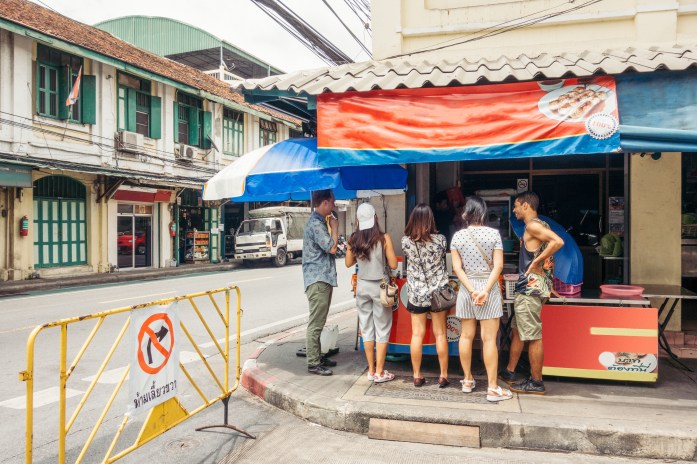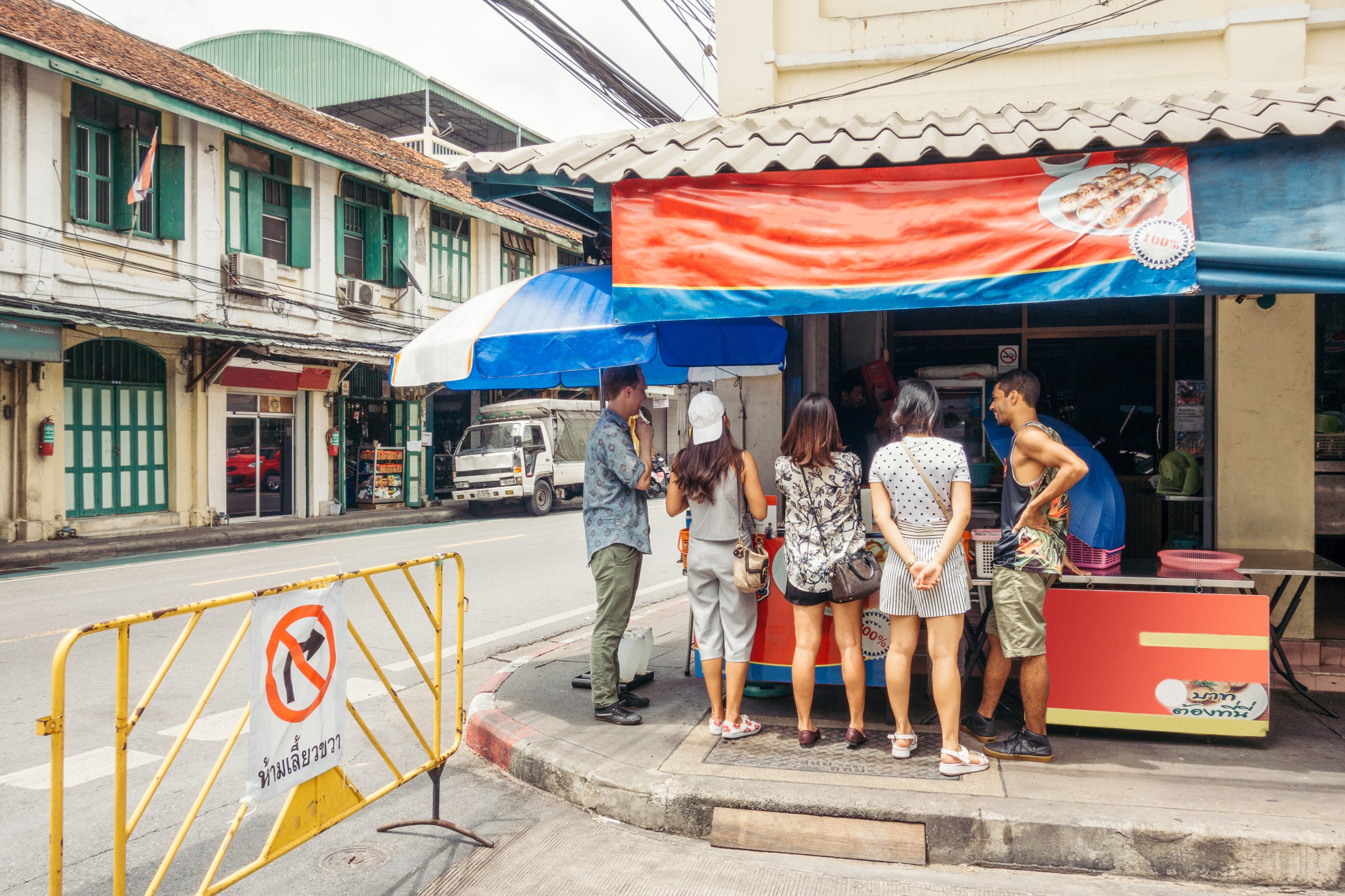According to Airbnb’s Restaurant Spending Report, Airbnb guests have spent 35 percent more on eating out across five cities in Asia Pacific (APAC): Hong Kong, Osaka-shi, Singapore, Sydney, and Tokyo during their trips in 2017. This is $260 million more than the previous year, which saw $740 million in guest spending throughout cities across APAC.
Eating out boosts restaurant industry and helps local businesses
Apart from trying out native cuisine at local favourites, Airbnb wants to encourage guests to discover their vicinity, leading them to spend their time and resources at local businesses in the area. Globally, 43 percent of guest spending, on average, occurs in the neighbourhood in which they are staying in. 56 percent of Airbnb guests also saved money by using Airbnb and spent more on other things such as food and shopping.
Case study: Singapore
When Harry Grover first moved to Singapore, he lived with his brother in Tiong Bahru and immediately saw the potential and heritage of Tiong Bahru. In 2010, Harry opened up Forty Hands, a neighborhood coffee shop on the once quiet Yong Siak Street. Specializing in “Third Wave coffee,” the cafe’s primary mission is to “promote sustainability by opting for direct trade and offering delicious specialty coffee made with super fresh beans.”
“I believe that Airbnb is making a big contribution to the liveliness of this neighbourhood. The number of tourists in Tiong Bahru has been steadily increasing with about 30 percent of our customers made up of tourists.”
Harry Grover, Co-founder of Forty Hands
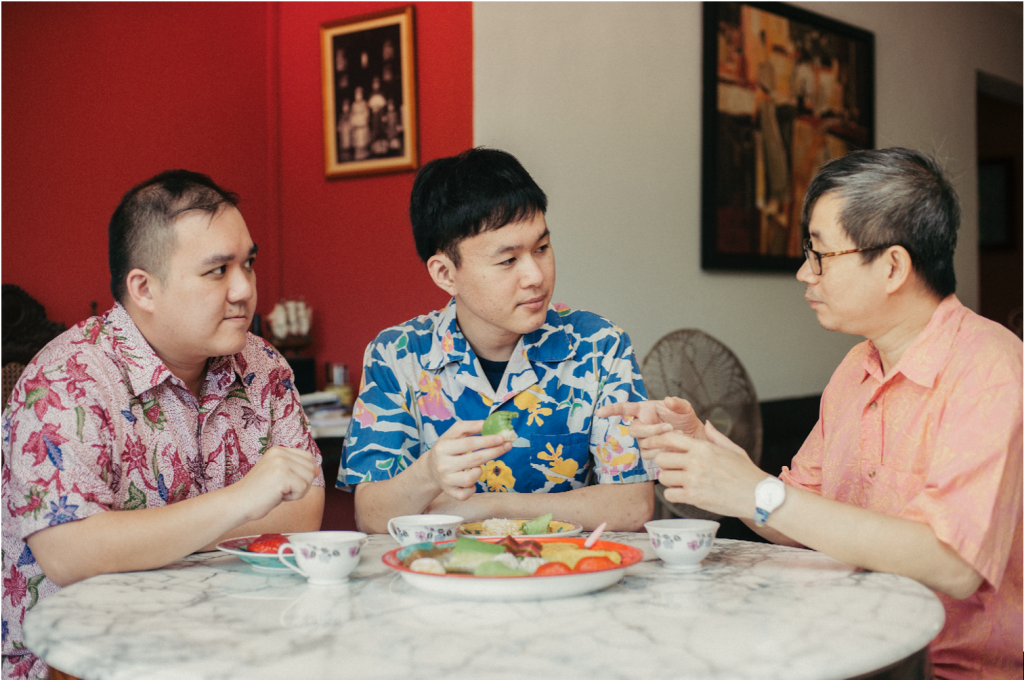
“For a business that has been around for seven years, many Singaporeans would have passed the ‘discovery stage.’ The fact that our sales in the last three years are not staying consistent, but increasing significantly, is really attributed to tourists,” Grover said. “It’s clear that tourists love the neighborhood, which maintains its old charm while opening up new spots, as well. From families to millennials, tourists flock to Tiong Bahru market and Forty Hands has certainly benefited from the foot traffic.”
Case Study: Sydney
The Sydney Home Sharing Club partnered with #EastSideSydney, a group of local business chambers, to connect local small business owners with local Airbnb hosts, and to continue to expand the great work of travelers exploring and supporting the local business community. #EastSideSydney is an initiative of Surry Hills Creative Precinct, Darlinghurst Business Partnership and Potts Point Partnership.
“Airbnb guests traveling from all around the world are looking to experience life as a local. Therefore, they highly value Airbnb host recommendations on where to go and what to do in our city. That takes their trip beyond living ina typical dwelling but also makes them feel like they already belong here as soon as they check-in.”
Mehdi, Airbnb host in Sydney

“When they actually arrive, we offer them a tour of their new immediate surroundings and we also kindly suggest that if we have time, we could go out all together and enjoy a drink or a bite in one of our favourite places.”
43% of APAC travellers polled enjoy eating out while travelling
This phenomenon is further supported by the Airbnb APAC Travel Survey which also showed that among the seven countries surveyed (Australia, China, India, Japan, Singapore, South Korea and Thailand), Australian travellers have the highest propensity to eat out (57%). On the rest of the spectrum, Indian travellers are a close second (55%), followed by Singaporeans (48%), South Koreans (40%), Japanese (38%), Thais (34%) and Chinese (26%).
For those who would like to bring home the flavours of Asia that they have sampled, Airbnb has partnered with four local stellar, award-winning chefs: Chef Manish Mehrotra (India); Chef Tony Yoo (South Korea); Chef Ian Kittichai (Thailand); and Chef Koh Kentetsu (Japan) for the Airbnb Kitchens of Asia campaign as well as foodie hosts to create authentic, local dishes which can be easily replicated in domestic or overseas kitchens. These simple recipes can be found here.
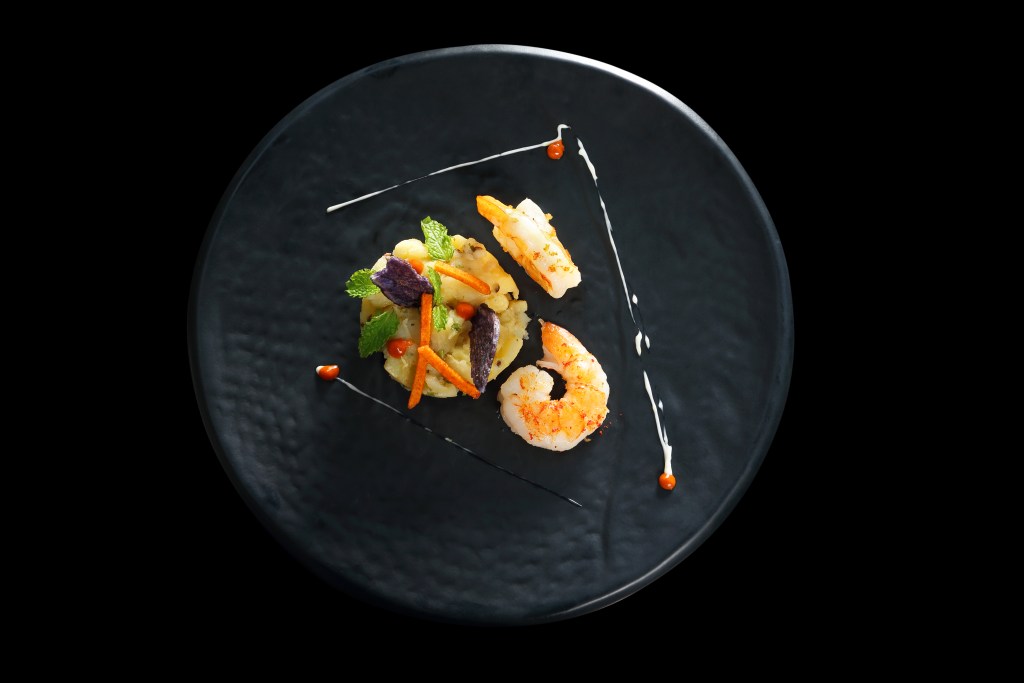
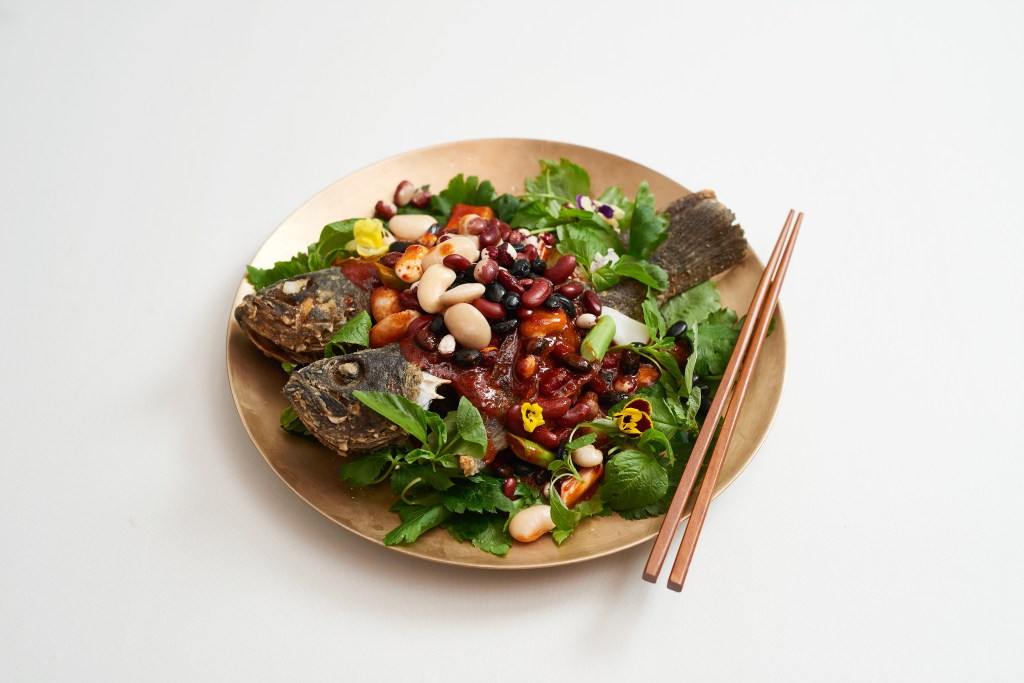
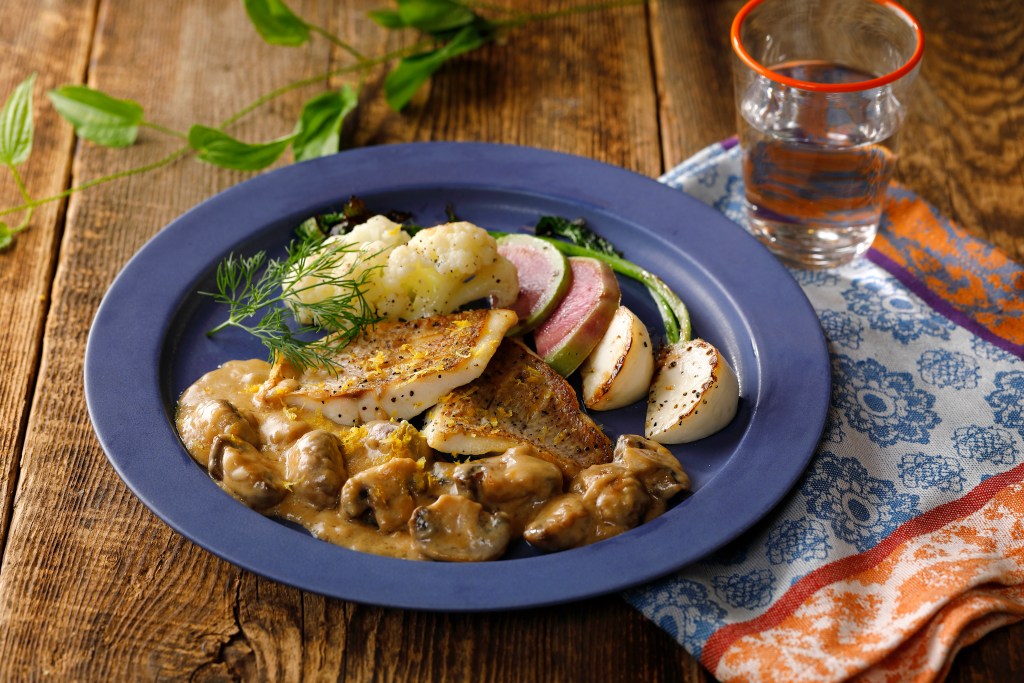
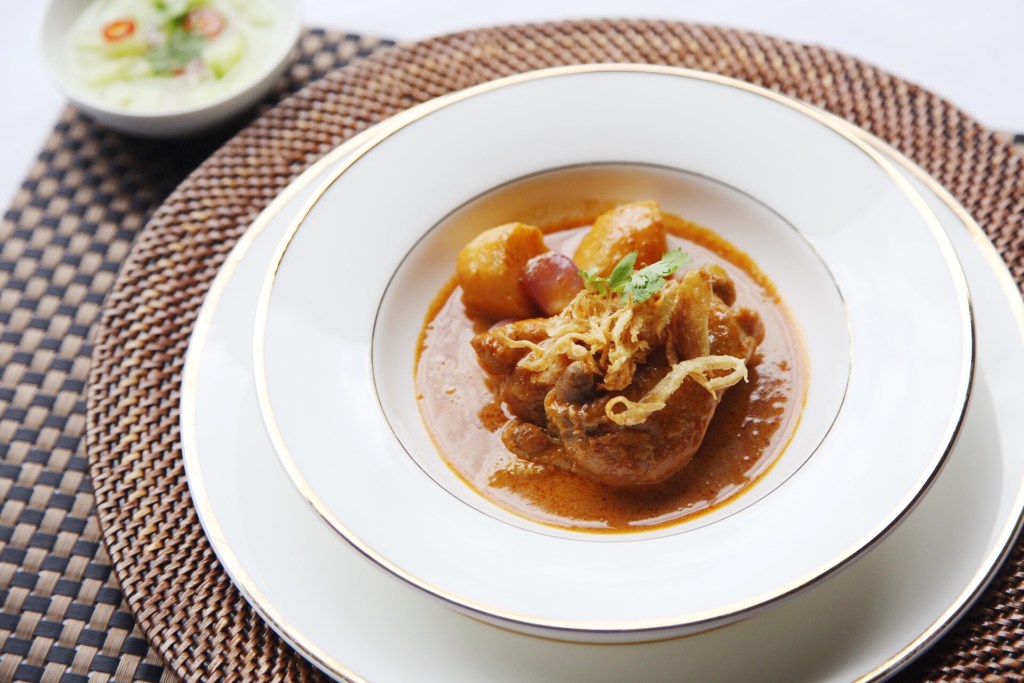
More APAC male travellers prefer dining out compared to female travellers
In Australia (62%), China (29%), Japan (41%) and Singapore (51%), male travellers prefer eating out when they are on a trip compared to their female counterparts from the same countries. This is in contrast to India (54%) and South Korea (39%), whereby 57 percent of female Indian travellers and 40 percent of female South Korean travellers are more keen on trying external dining options.
However, in Thailand, both genders are equally keen (34%) on eating out while holidaying.
Singaporeans over 55 like to eat out when travelling
57 percent of Singaporean travellers aged above 55 years old prefer eating out, On the other hand, 18-24 year old Australian (65%), South Korean (49%) and Thai (40%) travellers are the ones most likely to dine out during their vacations. For Japanese (43%) travellers, people between 25-34 years old prefer eating out while Chinese (29%) and Indian (60%) travellers between 45-54 years old enjoy having their meals at local restaurants.
Having an adventurous taste does not have to end when the vacation ends. Through Airbnb Kitchens of Asia initiative, the recipes curated by the four leading chefs and Airbnb hosts use 10 ingredients or less, or can be made in under 30 minutes, making it convenient to enjoy these Asian local delicacies even after the trip is over.
Notes to Editors:
Airbnb Restaurant Spending Report
Estimated guest spending on restaurants and dining out reflects spending by guests during stays in Airbnb homes occurring from Sept. 1, 2016 to Sept. 1, 2017. These estimates were calculated using internal Airbnb data and survey data on Airbnb guest activity. Survey data on Airbnb guest activity comes from Airbnb’s Annual Community Compact Survey, which asks guests to estimate their total spending across categories such as restaurants and dining out, shopping, transportation and leisure. Average spending figures per guest per night were calculated for various markets around the world, and internal Airbnb data on guest nights was used to estimate total spending during the 12-month period. Comparisons to guest spending on restaurants and dining out in 2016 refer to data in a report released by Airbnb in October 2016, which studied the 12-month period between Sept. 1, 2015 to Sept. 1, 2016.
Airbnb Kitchens of Asia Campaign
Airbnb Kitchens of Asia is a campaign to bring together top Asian chefs, Airbnb ‘foodie’ hosts and travellers seeking adventurous and authentic local flavours and cuisine. The four award-winning chefs created recipes that help travellers live like a local, while on holiday or when they get back home.
In addition, Airbnb ‘foodie’ hosts have shared their favourite dishes that are quick and simple so that they can replicate in the kitchen of their Airbnb home. The Chefs and home cooks devised recipes that use 10 ingredients or less, or to be cooked in less than 30 minutes. You can learn more about the recipes at Airbnb Kitchens of Asia Recipe Book.
About Airbnb
Founded in 2008, Airbnb’s mission is to create a world where people can belong when they travel by being connected to local cultures and having unique travel experiences. Its community marketplace provides access to millions of unique accommodations from apartments and villas to castles and treehouses in more than 65,000 cities and 191 countries.
With Experiences, Airbnb offers unprecedented access to local communities and interests, while Places lets people discover the hidden gems of a city as recommended by the people that live there. Airbnb is people powered and the easiest way to earn a little extra income from extra space in a home or from sharing passions, interests and cities.
Find out more at www.airbnb.com
Survey methodology
All figures, unless otherwise stated, are from YouGov Singapore Pte. Limited. In total, YouGov surveyed 6,979 travellers across APAC taken from representative samples of 7,269 people in each of Australia, Singapore, Thailand, China, South Korea, Japan and India. Fieldwork was undertaken between 11th and 14th of September 2017. The survey was carried out online. The figures have been weighted and are representative of all adults (aged 18+) in each country.
